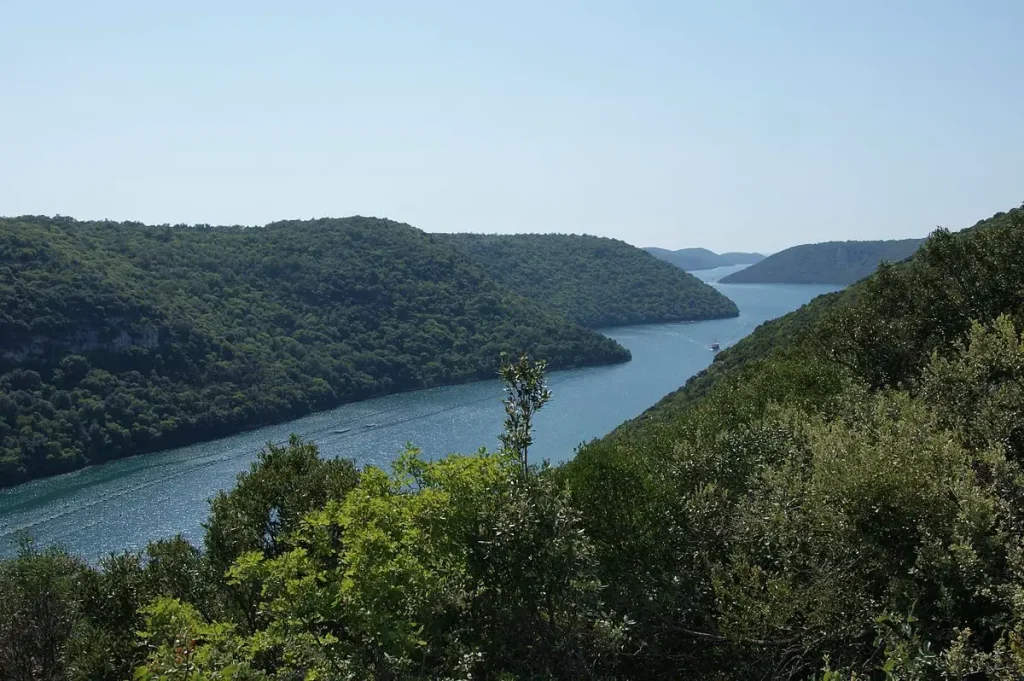A large number of birds in the Mediterranean are targeted by hunting tourism and trade, trophy hunting, keeping in captivity or hunting for sports and recreation, WWF Adria says in the report.
One of the birds frequently targeted for these purposes in Croatia is the goldfinch, sold in northern Italy and Malta, where it is considered to be a delicacy. Also targeted are large predators such as the wolf, the bear and the lynx, which are frequently hunted as game trophies or are killed due to human-wildlife conflict.
“Our country boasts a large number of endemic species. It also has around 3,000 endangered species that are threatened by various unlawful activities and we need an organised, nationwide approach to the prevention of crimes against nature,” Snježana Malić-Limari of WWF Adria said.
In addition to poaching, poisoning and smuggling are major threats to protected species.
The most frequent target of smuggling are birds of prey such as the golden eagle and the griffon vulture, with the griffon vulture being the most frequent victim of poisoning with bait used in the hunt for large predators.
Illegal wildlife trade and smuggling target songbirds such as the goldfinch, as well as tortoises and marine species such as the pen shell, date shell and the sea cucumber, which are considered delicacies in the Asian market.
Crimes against nature are the fourth most lucrative form of organised crime globally, after people, drug and arms smuggling.
The annual cost of crimes against nature and the environment is estimated at US $258 billion, and they cause huge damage to the planet, significantly reduce biodiversity, and result in the complete extinction of individual plant and animal species.
Considering that those crimes are taken seriously on the global and European levels, several initiatives have emerged at the EU level to improve their prevention, establish better coordination and cooperation between competent institutions, and to raise public awareness of the impact of that type of crime on nature.










